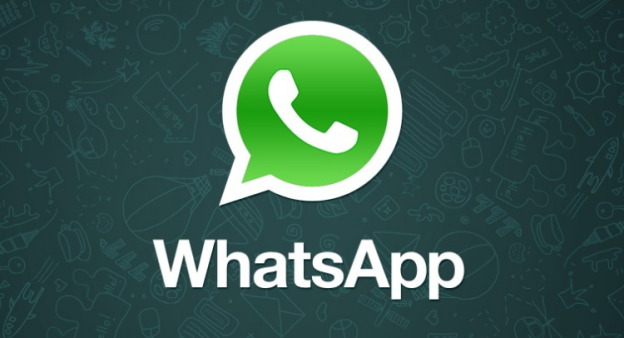
The SMS text message just turned 20, but it’s life may be in greater danger than we thought. By the time 2013 comes to an end, chat apps like WhatsApp, iMessage, and BlackBerry Messenger will account for twice the messaging traffic of traditional text messaging.
WhatsApp and BBM both bypass carrier charges for texting, which classifies them as over-the-top (OTT) messaging services. Daily traffic from OTT messaging has already climbed past that of standard messaging services (SMS) and will only continue to grow, according to data collected by Informa Telecoms and Media – a research agency.
On average, 19.1 billion OTT (Chat) messages were sent every day in 2012, while only 17.6 billion text messages were sent daily in the same year. Informa estimates the number of OTT messages will double by the end of 2013 to 41 billion, but the number of SMS messages is expected to stay relatively the same at 19.5 billion.
The statistics aren’t proportionate to the number of users either because if that was the case, SMS would be winning by a landslide. In 2012 there were more than 500 million OTT users compared to a whopping 3.5 billion using standard text messaging. The kicker is how active each user set is. Despite its smaller size, the group of people using OTT messaging are far more active. To put it in perspective, the average OTT user sends about 30 messages in a day, but SMS users only send an average of five – making OTT users six times more active than their SMS-using peers.
It seems SMS is on its way out, 20 years after the first text message was sent. OTT, on the other hand, is relatively new technology. BBM wasn’t launched until 2007 and its rival chat clients have helped OTT service catapult into stardom, including Google Talk and Facebook Chat. It’s true then that SMS and OTT are entirely different services, but Informa believes both services are used for the same purposes and we’re inclined to agree.
However, this data doesn’t mean that SMS will be retired anytime soon. Quite the contrary actually, as Informa sees its traffic and revenue growing at least into 2016. So why can’t we give up on SMS? Mainly because OTT apps are still very divergent, with users spanning across multiple different applications. SMS is still used for communicating with contacts that may not be using the same OTT service or not using an OTT service at all.
Editors' Recommendations
- How to schedule a text message on your iPhone
- Are WhatsApp and Facebook down? Here’s what you need to know
- Google Messages vs. Samsung Messages: Which app should you use?
- How to save text messages on iPhone and Android
- How to recover deleted text messages on iPhone


